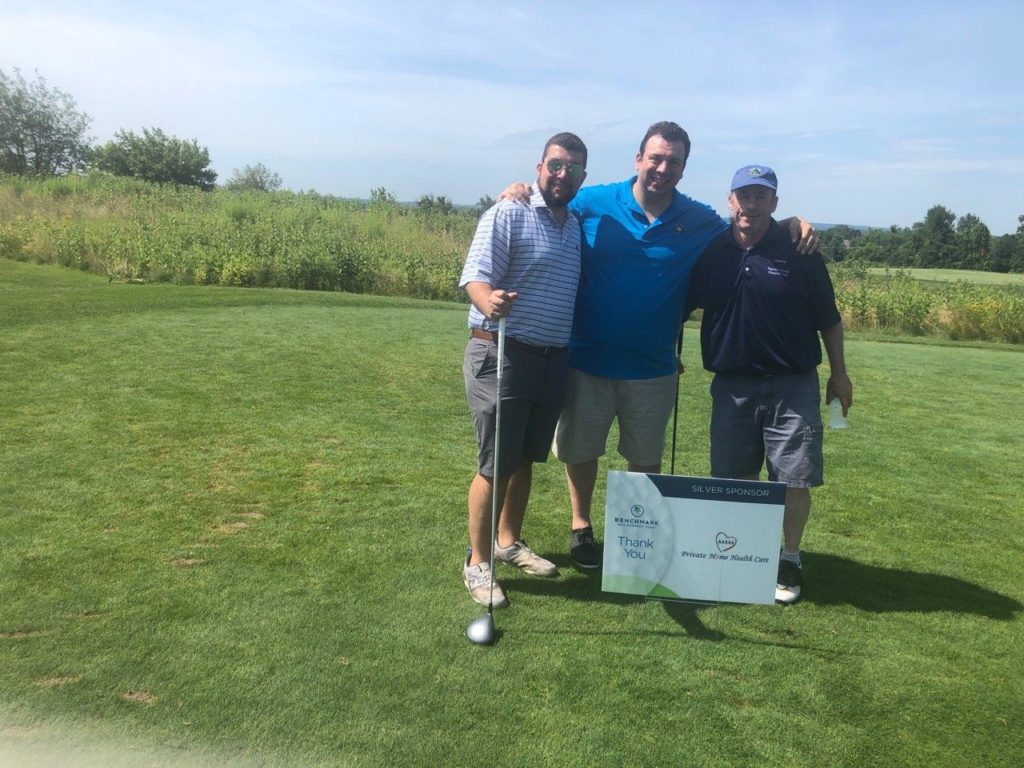Posted by Mary Demakes
on July 16, 2019
Oxidative stress is an imbalance between free radicals and
antioxidants in the body. When there are more free radicals than antioxidants,
the free radicals could begin causing damage in the body. They could start
damaging fatty tissue, DNA, and proteins. Over time, these damages can lead to
diseases like diabetes, atherosclerosis which is the hardening of blood
vessels, inflammatory conditions, hypertension, heart disease,
neurodegenerative diseases like Parkinson’s or Alzheimer’s, and cancer. Also,
oxidative stress contributes to aging.
Ways to minimize oxidative stress
The most effective way is increasing your levels of
antioxidants. Eating five servings of fruits and vegetables a day is the best
way to provide your body what it needs to produce antioxidants. Fruits and
vegetables rich in antioxidants include apples, berries, raisins, red grapes, prunes,
plums, onions, alfalfa sprouts, beans, and eggplant. The best way for your body
to benefit from these nutrients is by eating them raw. Boiling or overcooking
veggies only lower their nutrient content. Other ways to minimize oxidative
stress is regular exercise, no smoking, wearing sunscreen, getting plenty of
sleep, decreasing alcohol intake, and avoiding overeating.

